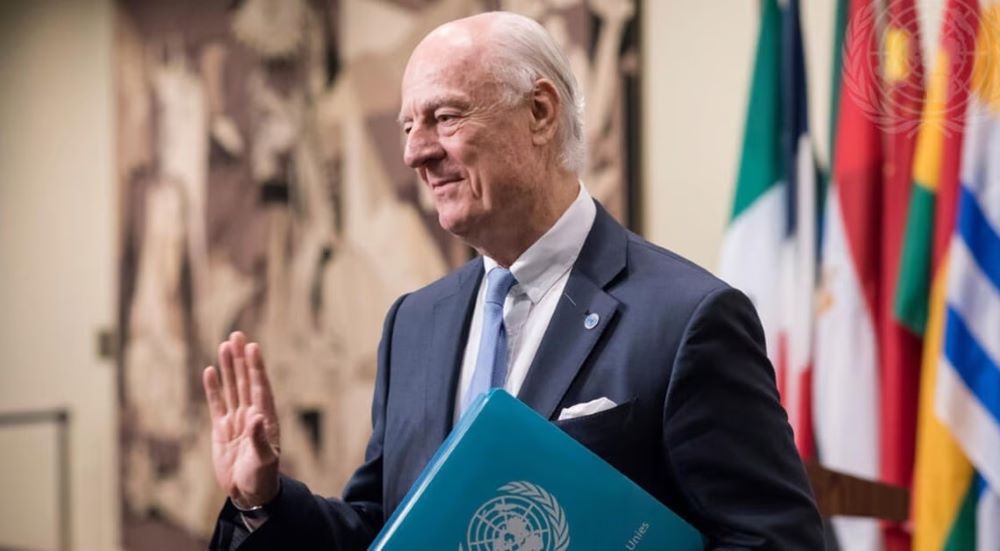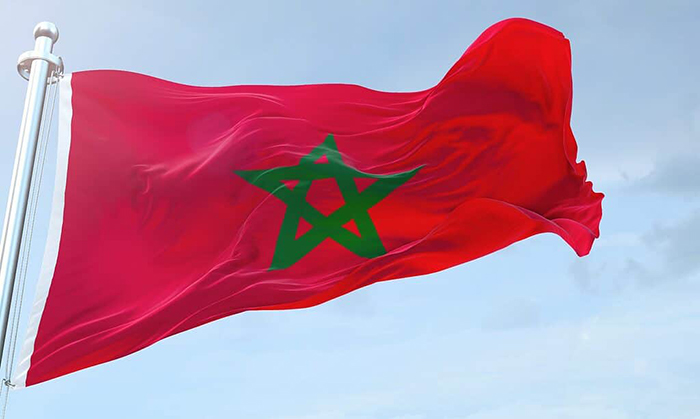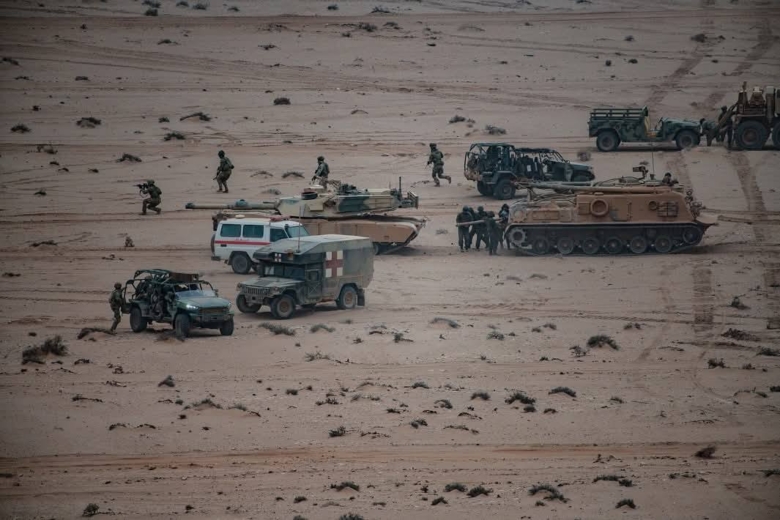The UN envoy for the Moroccan Sahara, Staffan de Mistura, is on the verge of resigning after failing to make headway in the long-standing dispute between Morocco, Algeria, and the Polisario Front, diplomatic sources told Assahifa English.
The same sources said that de Mistura had expressed his frustration to Secretary-General António Guterres, citing the "complexity" of the issue and his inability to secure concessions from any of the involved parties, and he had told Guterres that he would step down if no progress were made soon.
De Mistura's credibility with Morocco has been particularly strained. His controversial visit to South Africa, a vocal supporter of the Polisario Front, raised anger in Rabat. Additionally, his approach appeared to disregard recent shifts in international stances on the conflict.
This lack of trust appeared during de Mistura's meeting with Moroccan Foreign Minister Nasser Bourita on April 4, 2024. Following the meeting, Morocco issued a statement emphasizing its unwavering position, known as the "three noes": no political process outside UN-led roundtables with full Algerian participation, no solution outside the Moroccan autonomy proposal, and no progress while the ceasefire is violated by the Polisario.
This firm stance follows earlier criticism from Rabat regarding de Mistura's methods. In February 2024, Morocco made it clear that it would continue to remind the UN envoy of his mandate and downplayed South Africa's influence on the issue.
De Mistura's efforts to restart negotiations from scratch and focus on a "political, lasting solution" seem to have backfired. His focus on influencing specific capitals, apparently ignoring recent international developments, has yielded little fruit.
The international landscape surrounding the issue of the Moroccan Sahara has shifted in favor of Rabat's position. The United States, France, and Spain, the former colonial power, have all expressed varying degrees of support for Moroccan autonomy. Notably, the US has recognized Moroccan sovereignty over the territory, while the Biden administration continues to view autonomy as the most realistic path forward.
This shift is further evidenced by US Deputy Secretary of State Joshua Harris' visits to Morocco and Algeria, where he informed the Polisario, via Algerian channels, that Washington considers "secession" an unrealistic goal. This prompted a swift reaction from Polisario leader Ibrahim Ghali, who rushed to New York in September 2023 to express his disapproval to Guterres.
The US focus on "strengthening regional peace" and "intensifying the UN political process" to reach a "lasting solution" aligns with Morocco's goals. Similarly, Spain's recent meeting with Morocco discussed handing over control of Sahrawi airspace, further bolstering Rabat's position.
France has also become a more vocal supporter of Moroccan autonomy, as evidenced by Foreign Minister Séjourné's recent visit to Rabat, where he announced that Paris supports the Moroccan autonomy plan in the Sahara and that Morocco can "rely" on it in this regard. This has been translated, according to information obtained by Assahifa English, into clearer positions within the Security Council defending the Moroccan proposal.






